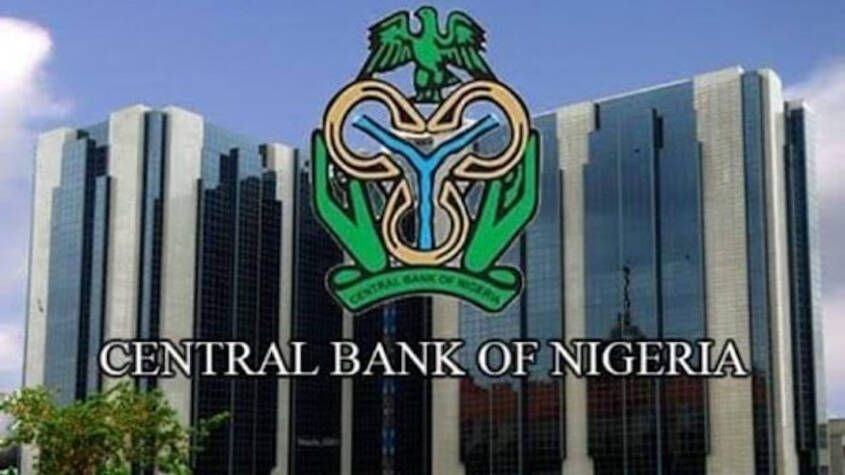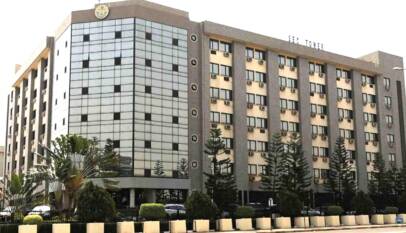The Central Bank of Nigeria (CBN) has announced a phased operational overhaul of the Nigerian Fixed Income Market as part of its broader reforms to deepen transparency and efficiency in the financial system.
In a circular signed by Okey Umeano, Acting Director of the Financial Markets Department, the apex bank said the first phase of the reform will commence in November 2025, with the CBN assuming full control of both the settlement process and trading platform for fixed income transactions.
According to the Bank, the initiative is designed to enhance regulatory oversight, strengthen monetary policy transmission, and support economic growth. “This transition will enable the CBN to assume direct responsibility for the management of the trading platform and handle end-to-end settlement activities under the Bank’s established settlement system,” the statement read.
The reform will be implemented in stages, beginning with User Acceptance Testing (UAT) of the new settlement infrastructure in October. This will be followed by a pilot phase, after which the full migration of market activities to the new system will take effect on November 3, 2025. The CBN-sponsored trading environment for Primary Dealers, Market Makers, Pension Fund Administrators, and other authorized participants will go live on December 1, 2025.
The Bank said the measures aim to establish a unified regulatory framework that guarantees market integrity and transparency. It also acknowledged the role of the Financial Markets Dealers Association (FMDA) in developing Nigeria’s financial markets and called for continued collaboration to ensure a smooth transition.
Reaffirming its commitment to market development, the CBN assured stakeholders that the reforms would be implemented in a coordinated manner to prevent disruptions and safeguard the interests of market participants and the wider financial system.
The move comes a month after the apex bank issued a directive to Domestic Systemically Important Banks mandating early succession planning for their Managing Directors and other top executives, in a bid to strengthen corporate governance and protect financial stability.































